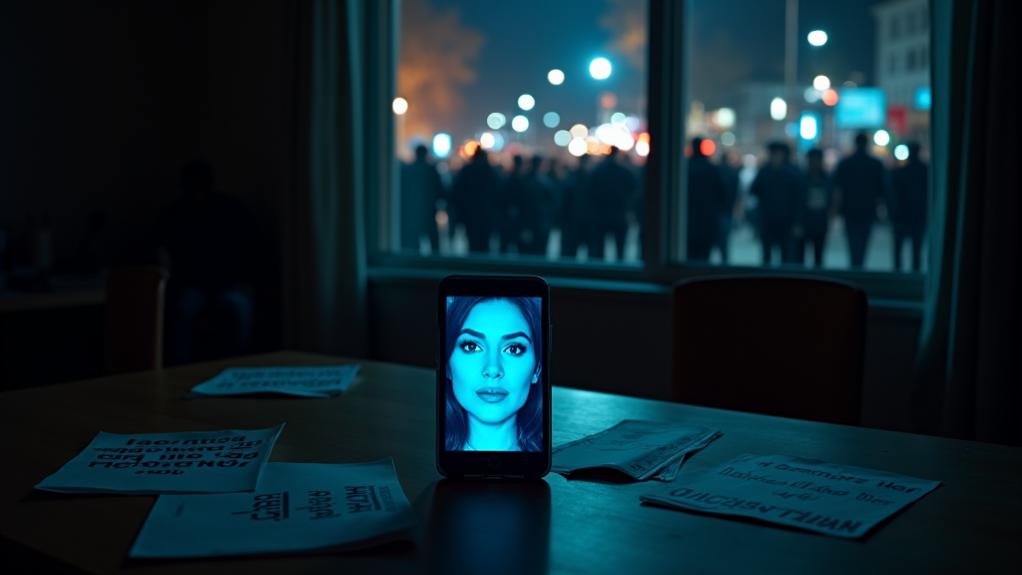The emergence of AI-generated videos featuring deceased celebrities has sparked intense controversy across digital platforms, particularly following the release of an artificial reunion between Steve Irwin and his daughter Bindi. These digital recreations, while technologically impressive, raise profound questions about consent, respect for the deceased, and the ethical boundaries of artificial intelligence in entertainment. As social media users voice their disapproval and families of the deceased express their distress, the incident has become a catalyst for broader discussions about the responsible application of AI technology and the preservation of personal legacies.
The Controversy Behind AI Reunions
The emergence of AI-generated videos featuring deceased celebrities has sparked intense debate on social media, with over two million views and significant criticism.
Critics label the videos as insensitive and disrespectful, particularly scenes involving Steve Irwin and his daughter Bindi.
Many argue that the use of deceased celebrities’ likenesses for entertainment crosses ethical boundaries, regardless of technological capabilities.
Public Backlash and Response
Social media platforms experienced widespread condemnation** as AI-generated celebrity reunion videos** circulated online, with users expressing outrage over what many deemed exploitative content.
The Steve Irwin and Bindi reunion video faced particularly harsh criticism, labeled by users as “genuinely f***ed up” and “extremely disrespectful.”
This backlash highlighted a growing public concern regarding the emotional manipulation and trivialization of real human tragedies**** by AI technology, encapsulated in the sentiment that “Just because you can, doesn’t mean you should.”
AI Ethics Under Scrutiny
The controversy surrounding AI-generated celebrity videos raises ethical concerns regarding consent and the implications of digitally resurrecting deceased individuals.
Incidents, such as the misrepresentation of Taylor Swift, underscore the technology’s potential for manipulation and misinformation.
Critics argue that creating synthetic interactions between the living and the deceased crosses ethical lines, especially in portraying personal relationships and tragedies.
This has led to intensified calls for stricter guidelines governing AI-generated media, focusing on the need to balance technological advancement with respect for privacy, dignity, and the emotional well-being of celebrities and their families.

